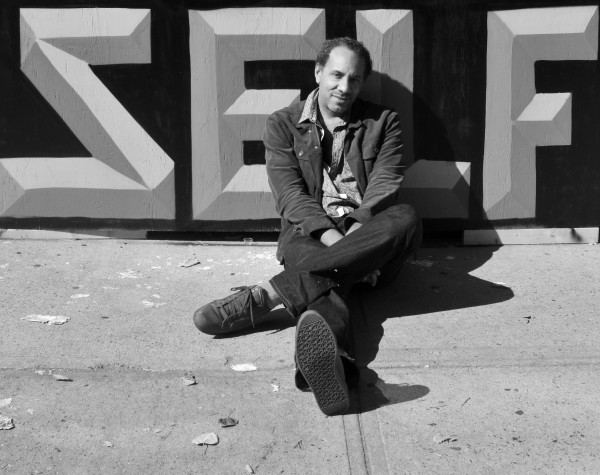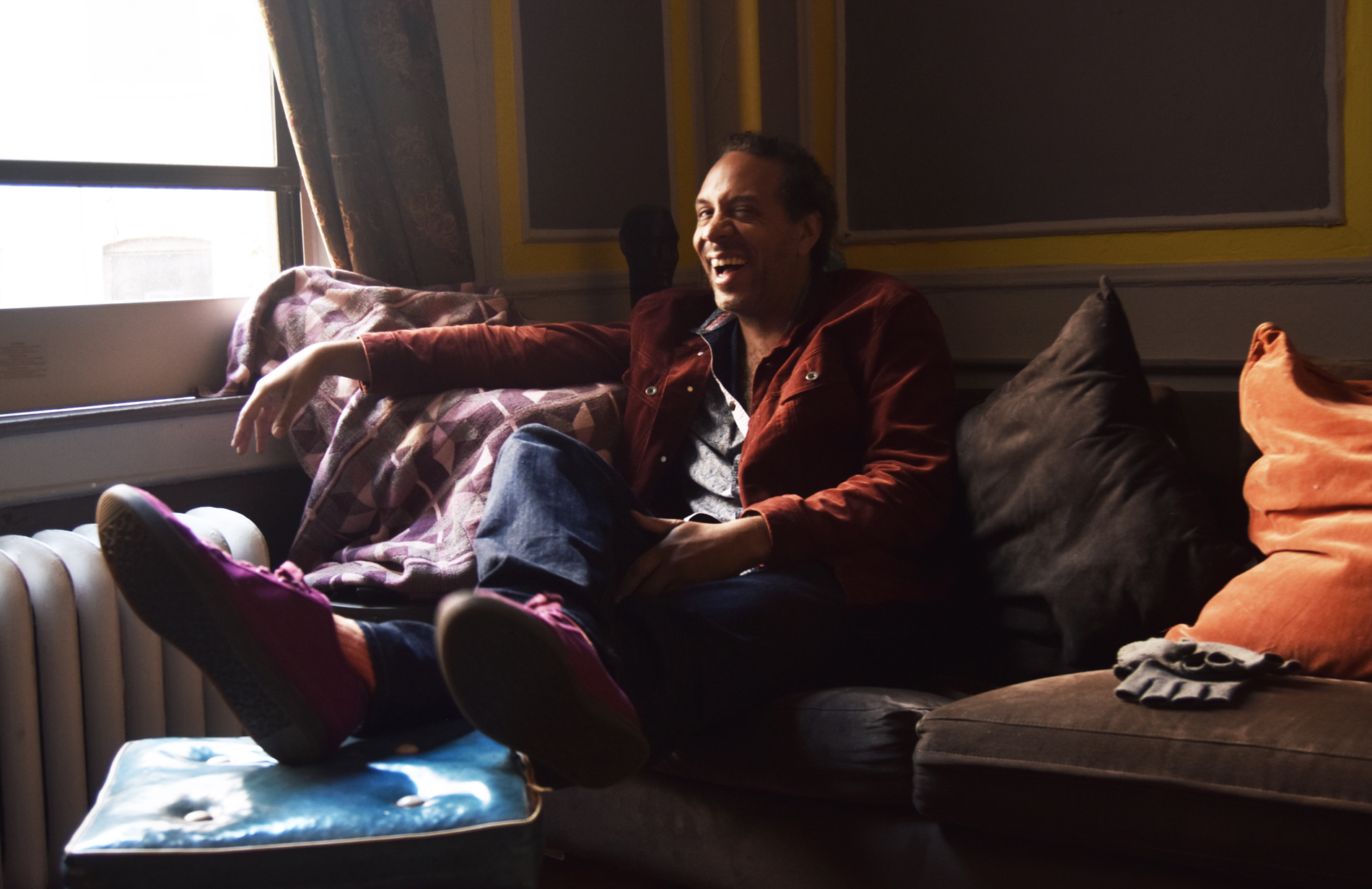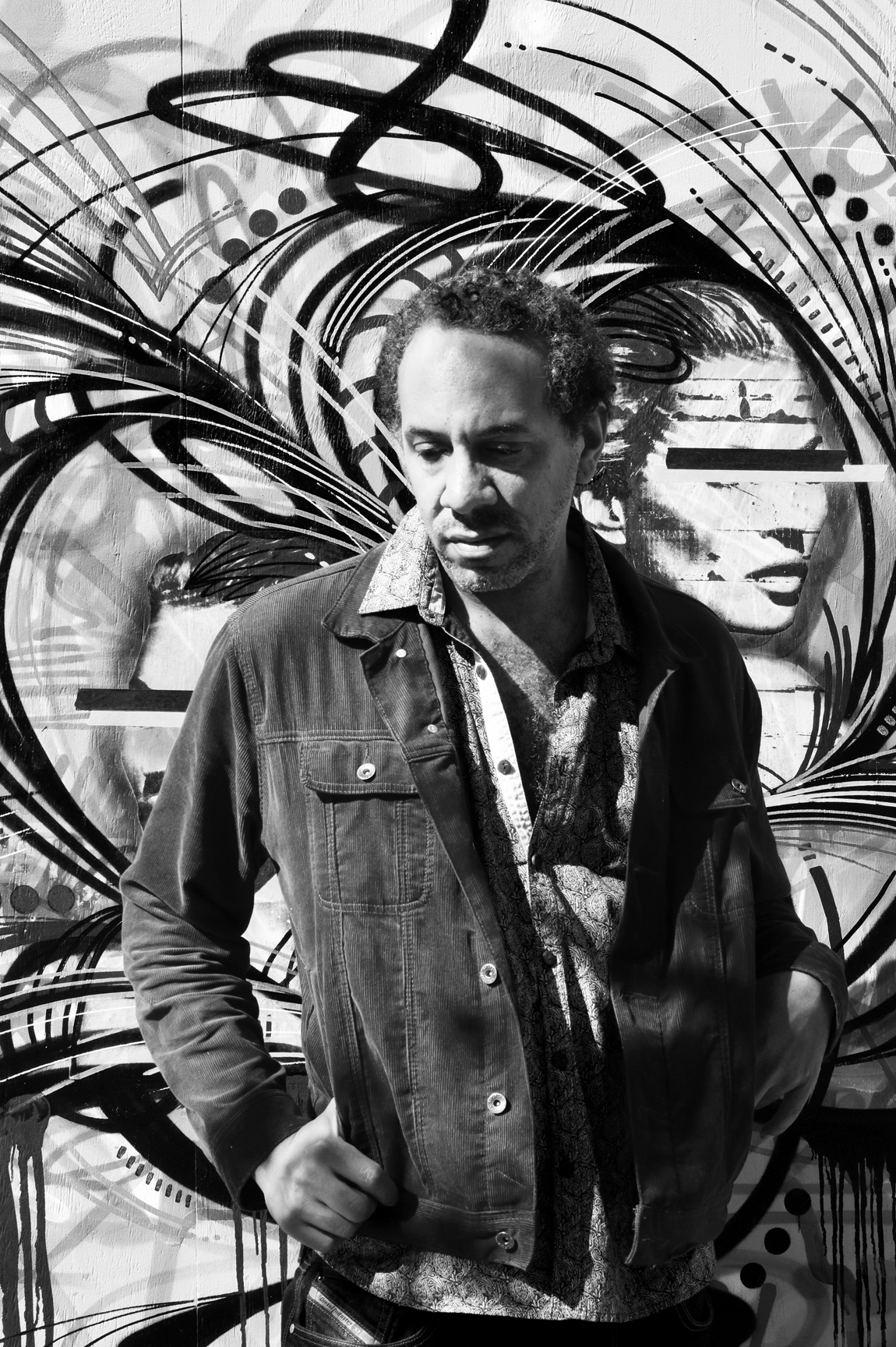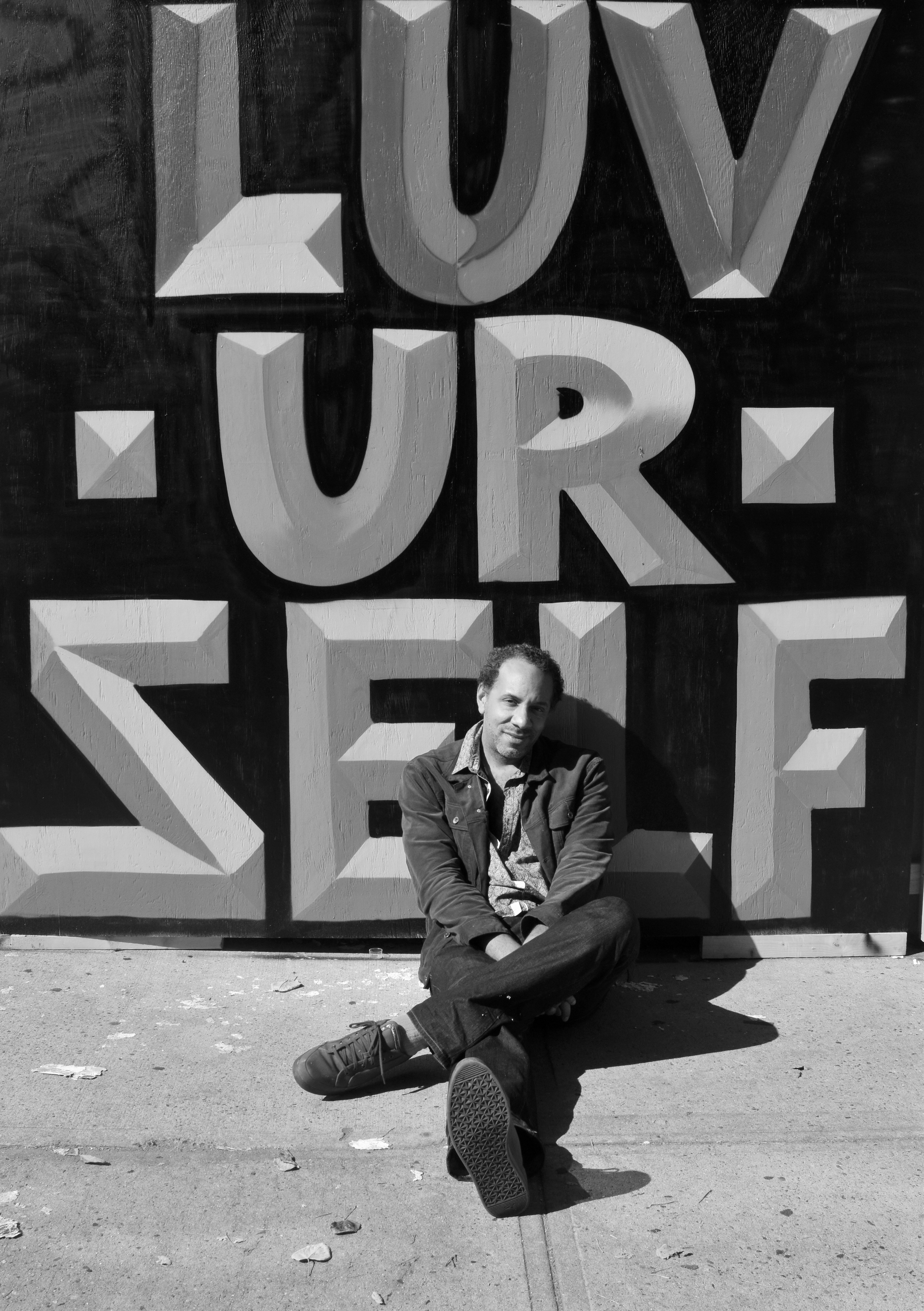
PHOTOGRAPHY BY ORLANDO ISRAEL
A conversation with the filmmaker Stephen Winter
About his film Jason and Shirley, the moment, and how things have changed since 1994
I met Stephen Winter at an Independence Day party in Brooklyn in 2008. I was new to the city, 19 years old and — as Stephen recently reminded me — wearing a scarf in July (it was John Varvatos and it was cunt). Since that day, Stephen has been to me Consigliere, Mentor, Guardian Angel, Radical-Sex-Positive-Public-Makeout-Partner, my Yenta, my Boss, and one of my most treasured of friends. For all of us blessed enough to know Mr. Winter, this year has been a season of celebration as we rejoice the mainstream acclaim being heaped on his recent film, Jason and Shirley. The general feeling is “it’s about fucking time.”
Winter’s last feature film was in 1994. Chocolate Babies, a roaring epic about a gang of HIV positive “Black Drag Queens with a political agenda” wreaking havoc on conservative politicians, that won a best feature award at SxSW that year. That smashing debut was followed by two decades of the behind-the-scenes workhorse career that earned this handsome man the respect of everyone who’s anyone in the world of queer and indie filmmaking, but never the kind of mainstream recognition that those around him have enjoyed.
With Jason and Shirley, everything’s changed.
J&S is Stephen’s re-imagining of Shirley Clarke‘s 1967 documentary classic Portrait of Jason, wherein Clark, a successful Jewish independent female filmmaker, brings a charismatic black gay hustler named Jason Holladay into her Chelsea Hotel penthouse apartment for a marathon film session, culminating in Holliday’s spectacular onscreen breakdown. Winter’s J&S reimagines what happened that day, on and off camera, to bring about that iconic moment. His film stars (and is co-written by) legendary playwright activist Sarah Schulman as “Shirley,” and famed New York queer performer Jack Waters as “Jason.” It’s shot almost entirely on vintage Super VHS, making for a transporting and guttural visual experience. The Times and The Guardian raved about it, Richard Brody of The New Yorker called it, “uncanny” and “electrifying,” and indie film Godfather Jonas Mekas pronounced it “amazing… like being back in Shirley’s apartment.” After its June world premier at BAM Cinema Festival, the whole audience knew we were witnessing a cinematic moment of queer American history.
Next week, MoMA begins a weeklong showing of the film, and Winter and Schulman will be in-house for almost every screening. Pencil it in, everyone in New York should make the time to go see it. I called Stephen from Los Angeles where I’m living in exile, and we talked about the movie, the moment, and how things have changed since 1994.
How did it feel to have Jonas Mekas praise the film? Jonas is one of the “last great lions” of Old School Indie cinema. He was the first one to say [John] Cassavetes work was great. I haven’t ever sought father figures in my career — by the time I arrived so many gay elders were wiped out, my life was mostly devoid of that and you got used to it — but having this “Mekas moment” now, 20+ years after moving here and reading about him and digging him…I cried in the bathroom of Anthology Film Archives when I read it. All these Italian bros came because they were about to screen their movie and there I was sitting in the stall corner sobbing for joy! I still can’t really wrap my mind around it.
What was the experience of directing this film? This project was the work of Queer Brooklyn, of the vanguard of Bohemian NYC, of so many people, and I felt like an orchestra leader more than a traditional film director.
Why is J&S being welcomed and celebrated now, in 2015? This year we in the community proved we can reject bullshit; “Stonewall” was the biggest flop of the year, because the young consciousness is so much more elevated now.
I teach film theory at a prestigious University to lovely and sheltered 19-year-old clean cut bros and girls, mostly white, hetero presenting. So when I screened “Portrait of Jason” for them I was excited to see how they would respond. And they loved it! These kids are already so aware of issues of race and gender they were able to take the discussion quickly beyond those planes to the existential truth at the heart of the film, the truth about individual identities. They turned the discussion into what happens to you yourself when the mask gets taken off. This is so different than what would have happened when I was in NYU film school in the 90s, where a famous filmmaker at NYU once asked me “wait, your movie’s romance is about two dudes?”, and also very different from the culture of 2005, where the race and gender discussions were all we could talk about. Kids today are different. Kids today are ready for J&S. Half the people who worked on this film were under 25, and most of them were queer, including the heteros.
I can’t get over how widely disseminated the concept of intersectionality is today. Even the silicon beach bros out here in L.A. reference it when they’re making their elevator pitches for new social media apps. It is! When Chocolate Babies came out, everyone needed a clear platform. After film school, I watched a lot of my white friends get institutional support because they fit neatly into an easily received identity. But here I was this mixed Black/Czech/Jewish/Queer avant-garde amalgamated mongrel boy who didn’t fit neatly anywhere! The 90s were such a fiercely segregated time in culture.
Jen Aniston was Jen Aniston, a normal white girl, Kurt Cobain was Kurt Cobain, an angsty white boy, Lauryn Hill was Lauryn Hill, and they didn’t fuck with each other. Of course almost none of us so-called outsiders — Women, gays, dykes, and blacks — could get a producer job on MTV — but we could get a producer job on Rikki Lake! You must understand one of the most radical shifts done by Shonda Rhimes and Lee Daniels is they give people of color key supporting roles that don’t hinge on being P.O.C. That never happened before. If only more indie films would do the same. I’m not entirely ragging on the ‘90’s by the way. I had a blast.
Jonas Mekas observed that the script alone should win an academy award, which of course could never happen for a queer film without a national release. But I’ll bet that in ten years there will be multiple Oscar contenders that we can say are “in the lineage” of Jason and Shirley, either in form, content or both. How would that feel? You know, Grace Jones is having a moment right now, a victory lap. Apparently her new memoir is full of dish, and she goes in after GaGa at one point, and some gay dudes got all up in arms dismissively, like “I’m over Grace. She’s bitter and mean.” It about a truism for black people, it’s hard to be “The First.” You can break fresh ground, pave ways and live to see all these new people catch your influence and make mad money from it. If you can live through it, if you can survive it, it’s wonderful. But it’s hard to be first. Though at this point in my life and career, I still have my wits, so I can be cool with whatever happens.
What was it like working with Sarah Schulman on this film? Before this, Sarah and I were just warm acquaintances. Then, three MIXes ago [MIXNYC, the queer film festival Sarah founded and Stephen has run] there we were, milling around the room, feeling so glad that MIX was still going on, and at one point Sarah came over to me and said “hey, what have you been up to? what are you doing?” and that was the kernel that we should work together.
I had always been a bit awed by her. We moved in different circles; she in the world of theatre, engaged activism, and journalism. I’m in independent film. But we were on the same team, comrades in the same war, so when she reached across the aisle from field to field, and I was so glad she did.
Her vision was always very clear, it was “you should conceive and direct this movie, and I should play Shirley and Jack should play Jason and we’ll all know what to do.” My answer was, “Yes, but only if you and Jack co-write.” And because Sarah is usually the smartest person in the room, and because she’s such a fearless problem solver, it was always so energizing working with her. I’d come home after a day of filming and take a moment to realize “wow, I just spent all day playing with one of the greats.”
What themes are ever present in your work? Addiction. I grew up in the pre-Oprah era of alcoholism. Denial was how everyone functioned. In my work though it goes beyond substance, to that idea of having a crazy sweet tooth, of trying to fill that constant need. Trying to restore from those–what do they call them now? micro-aggressions? Yes, those micro-aggressions that satisfy something. So it’s not just about substances, it’s about power.
The other constant is love, but never in a traditional sense — love coming from all different kinds of places, which is what I have in my life. I don’t wanna use the word “Poly,” because that gives the impression of “swingin,” which is not how I roll. It’s love from family, from community, from parents, brothers, sisters, friends and lovers. But I think people today are more open to that multiplicity of sources for Love. You know what it is, for a lot of us New Yorkers? Go back to September 10th, 2001. It was a rainy night and me and my pal John Krokidas hung out at Housing Works bookstore. He asked if I wanted to sleep over than go home in the rain. I said no, I had an early morning. September 11th 8:45am, I was on my bicycle, stopped on the Brooklyn Bridge when the first plane hit, late to a temp job on John street, which would have put me in the thick of it. That was my last temp job, and I had a month of amazing sex with strangers after that. Everyone was suddenly looking for ways to connect with people. We were all staring at each other going you know, we’re really not here that long.
You’ve had an incredible behind-the-scenes career working with so many queer and black indie icons. What’s something you’re very proud of that nobody knows about? I taught Daniel Radcliffe what a power bottom was [for John Krokidas’s film about Allen Gibsberg, Kill Your Darlings]. I taught him how to take all that energy you’d normally swing around with your phallus and transfer it to the other side, to your hole. We worked together on what the choreography for that sex scene would be, and he got it. When I sat in that theatre and saw how well Harry Potter had learned to bottom, that was a proud day for Stephen Winter.
Name three of your most powerful mentors Abbey Lincoln: the composer and creative genius who I was lucky enough to befriend and apprentice for in the nineties. Xan Cassavetes: dearest pal and queen of punk cinema power, a woman who understands the strength of coming to know yourself beyond what made you. My Mother, Aureen Mayne-Winter: she came to America from Jamaica to discover colored drinking fountains, she was a great beauty who achieved everything that a “genteel woman” of that day and age was supposed to, and then in the 80s she completely changed her whole energy, and became true Rastafari, respect. Drew, I’ve thought so often that I wish you could have met her. You were just her type — she loved pretty boys who were smart, knew how to wear a scarf, and could brunch, darling.
The film Jason and Shirley opens in NYC at MoMA on October 20, and it’s playing until October 27.


